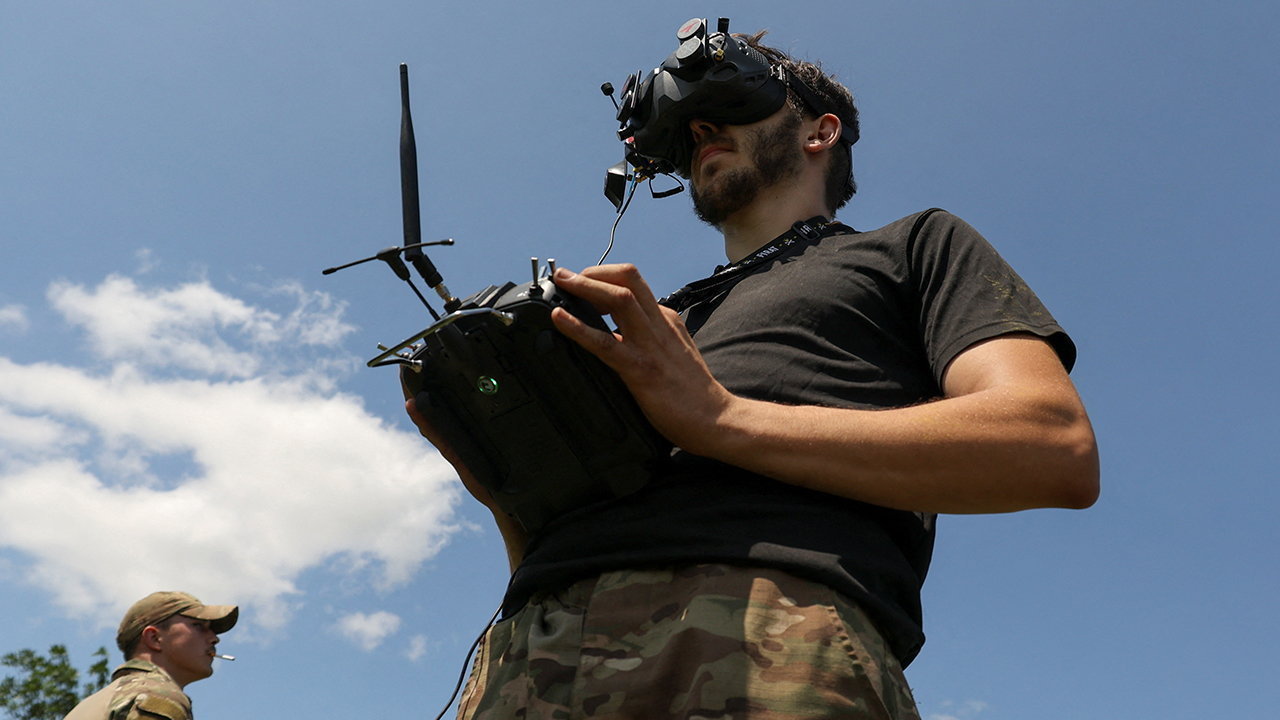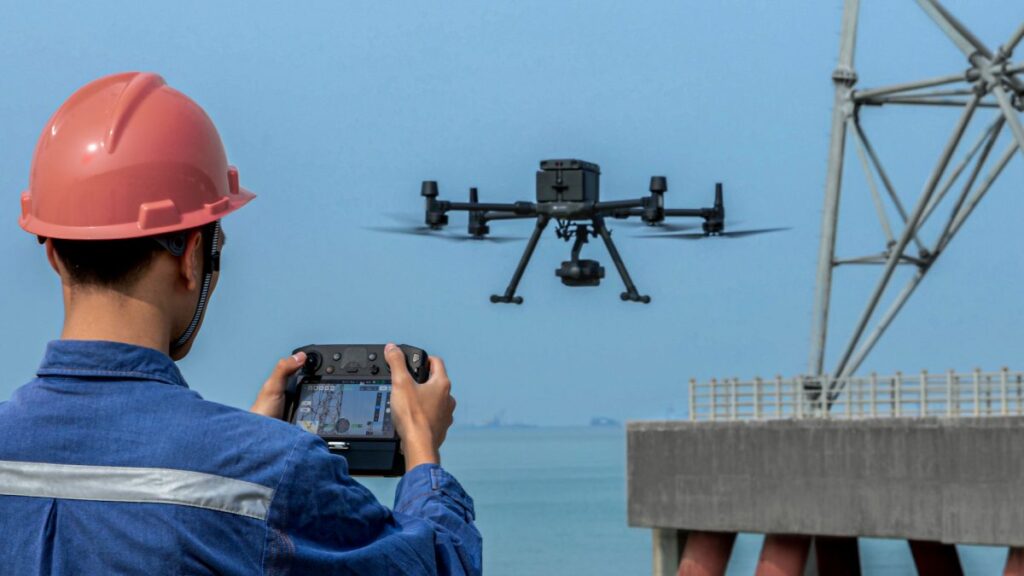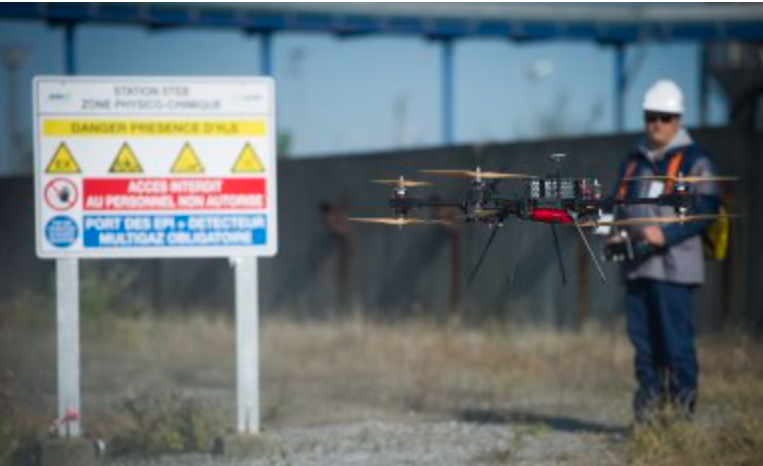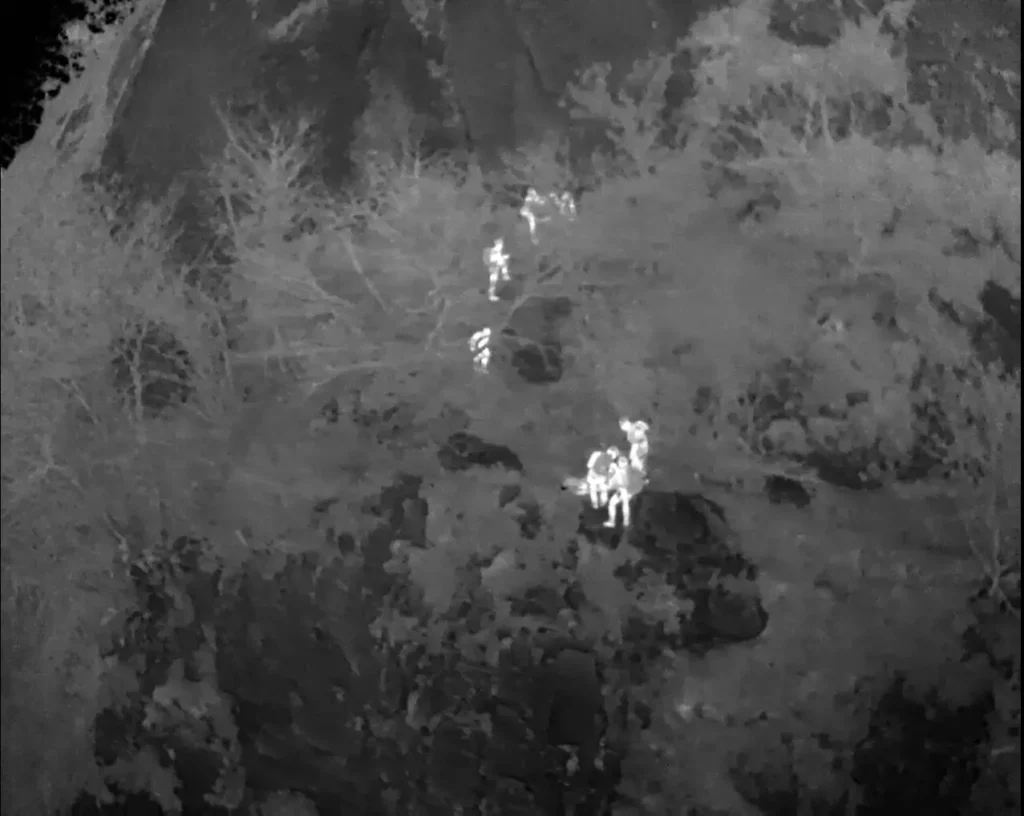
FPV Drones
Revolutionizing Industries: The Comprehensive Impact of FPV Drones
February 13, 2024 — 3 minutes
First-person view (FPV) drones are not just recreational devices but transformative tools reshaping the commercial and industrial landscape. By offering an immersive flight experience, FPV drones address critical operational challenges, including removing individuals from dangerous environments, streamlining workforce requirements, simplifying complex processes, offering cost-effective alternatives, accessing hard-to-reach locations, and enhancing the efficiency of numerous tasks. Below, we explore how these drones apply their capabilities across various sectors, revolutionizing infrastructure and compliance inspection practices, hazardous area operation, energy exploration, and more.
Infrastructure and Compliance Inspection

FPV drones significantly impact infrastructure management and compliance by providing detailed aerial surveys of bridges, buildings, and other structures. This capability removes the need for human workers to access potentially dangerous heights or confined spaces, reducing safety risks. Moreover, drones streamline the inspection process by eliminating several preparatory steps, such as the setup of scaffolding, and offer a more cost-effective solution compared to traditional inspection methods. The ability to access hard-to-reach areas ensures thorough compliance checks and maintenance inspections with greater efficiency.
Operating in Contaminated or Hazardous Areas

In environments where human health could be compromised, such as chemical spills or radiation zones, FPV drones offer a safe alternative. By deploying drones, companies can reduce the number of personnel exposed to hazardous conditions, thereby safeguarding their workforce. Drones also expedite the assessment and mitigation processes in such areas by quickly and efficiently gathering necessary data without the logistical complications of human entry.
“A recent report by consultancy group PwC estimates that the use of drones could lead to disruption in $125bn worth of traditional industries. Drones are expected to replace those humans who have previously climbed ladders or dangled from ropes to assess everything from industrial inspection to insurance assessment. Now, a French company is offering ATEX-certified drones for use in potentially explosive environments.“ Source: HazardEx
Energy Exploration
The agility and remote capabilities of FPV drones are invaluable in the energy sector, especially in exploring and monitoring oil, gas, and renewable energy sites. Drones minimize the need for extensive on-ground teams in remote or inaccessible areas, reducing exploration and monitoring costs. Their ability to quickly survey large areas and gather data accelerates the exploration process, making it more efficient than ever before.
Search & Rescue
In search and rescue missions, the speed, maneuverability, and accessibility of FPV drones can be lifesaving. They allow for rapid scanning of vast or inaccessible areas, providing real-time visuals to rescue teams and helping to locate individuals in distress more quickly than traditional search methods. Drones can also deliver essential supplies to stranded persons, demonstrating their versatility and efficiency in emergency situations.

“By employing FPV drones, rescue teams can minimize the need to put human lives at risk. Pilots get to scout dangerous areas, identify hazards, and assess the safety of a location before ground teams are sent in. This prior reconnaissance can inform safer routes for rescuers, alert them to potential dangers, and even help in planning medical or extraction teams’ entry.
Then there are the other advantages of using drones for the SAR missions – like rapid deployment where the drones can be airborne within minutes, scouting for lost hikers in mountain rescues or locating stranded individuals during floods; cost-effectiveness where they are more affordable than deploying helicopters or large teams; to the versatility since the drones can operate in diverse environments, be it a desert search, a snowy landscape, or during rainy conditions. ” Source: DSLR Pros
Preparing for the Future with DroneBlocks
The DroneBlocks FPV Racing Kit is more than a tool for engaging students with drone technology; it is a gateway to understanding and mastering the drones’ potential in commercial and industrial applications. Through hands-on experience, students learn valuable piloting skills directly transferable to the abovementioned sectors. By developing proficiency in FPV drone operations, students are equipped with the capabilities to support and innovate within industries where drones are revolutionizing traditional practices. This preparation opens up career paths in emerging drone-based roles and sectors, ensuring the next generation can leverage these technologies to their full potential.
Shop More Products
From classroom-friendly kits to hands-on tools: Explore our hardware, packages, and accessories tailored for the educational journey.